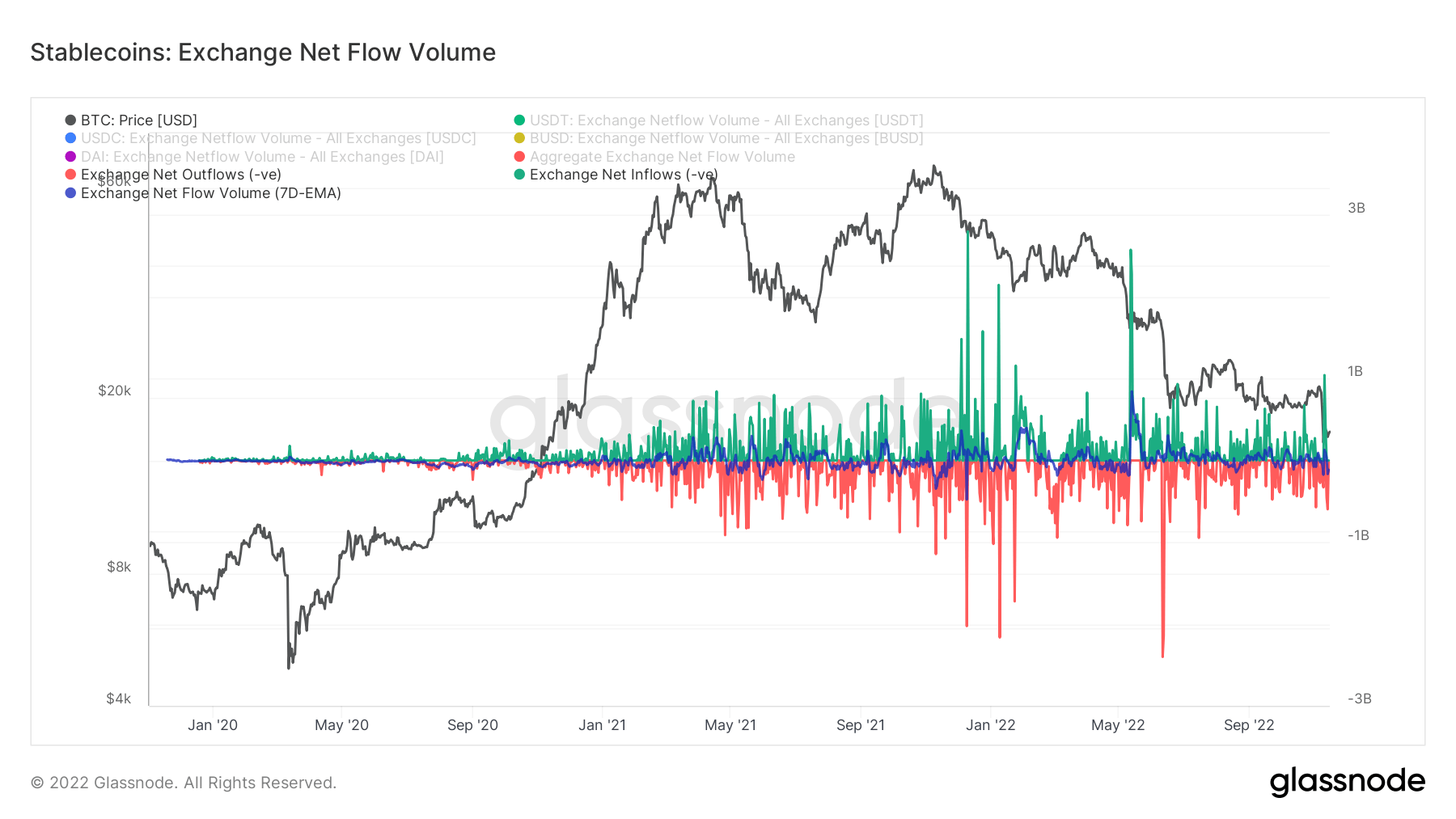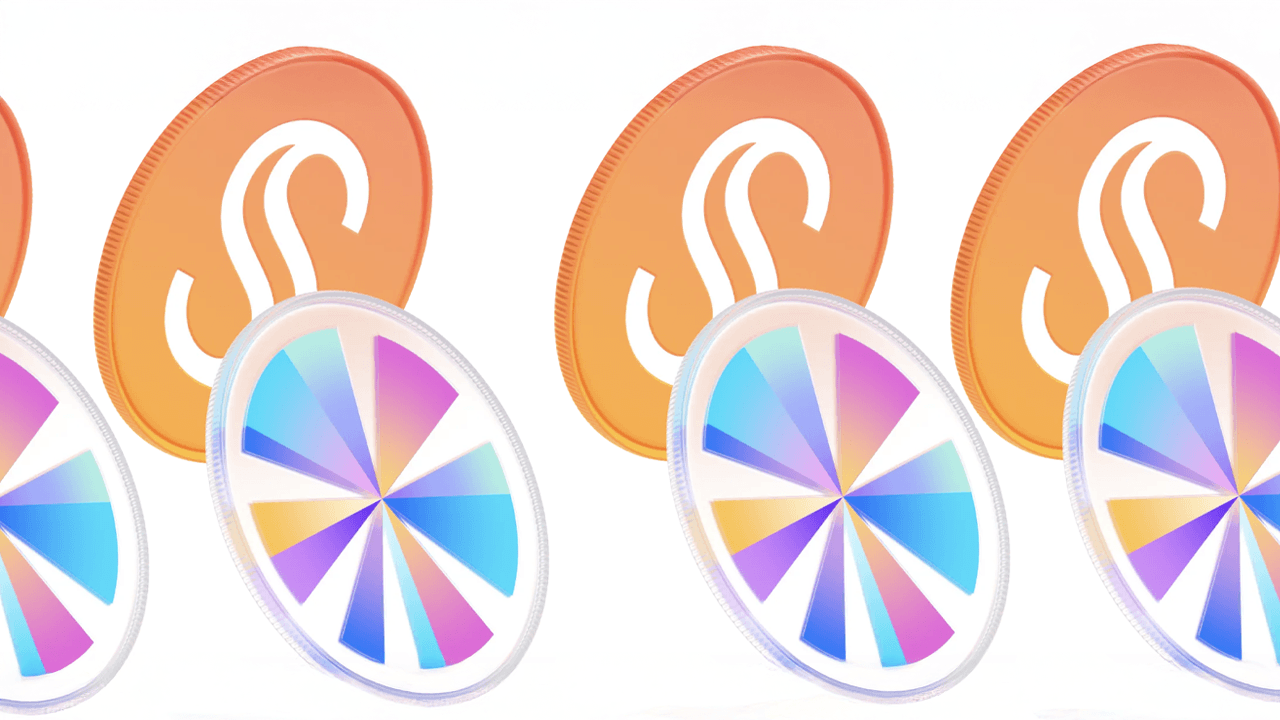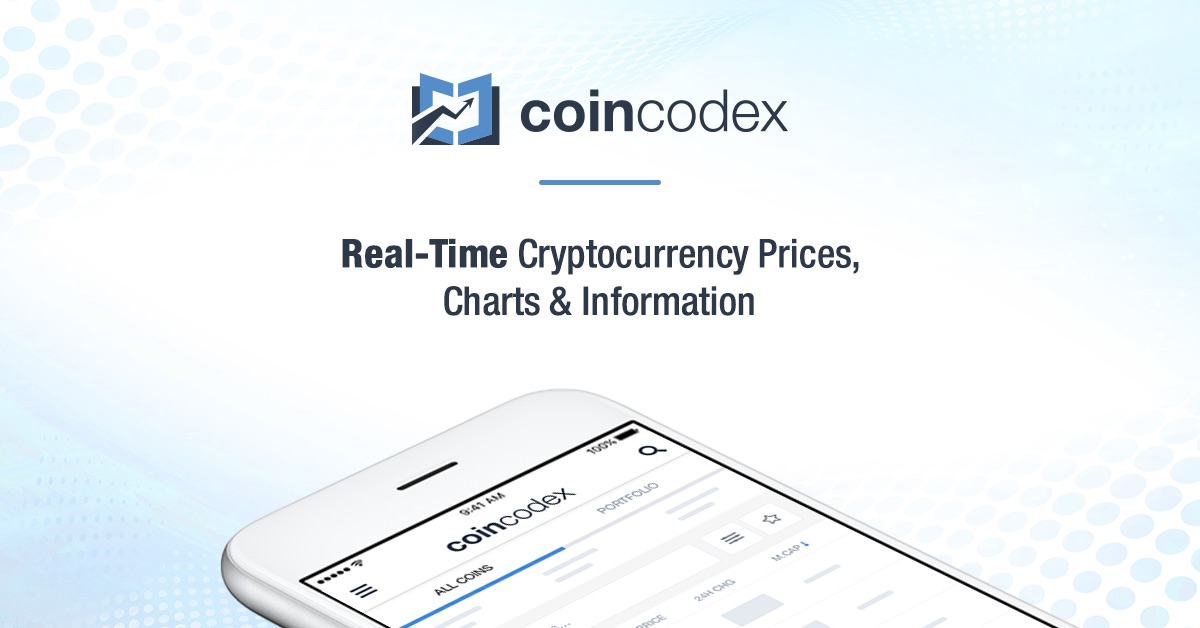Stablecoins are cryptocurrencies that peg their value to reference assets, including fiat currencies, commodities, or other cryptocurrencies.
They form an integral part of the crypto ecosystem by offering price stability in an otherwise volatile market. Cycling into and out of stablecoins, users provide liquidity and exit positions.
This cycling relationship between Bitcoin and stablecoins can provide insight into market sentiment and indicate periods of buying and selling pressure.
Data from Glassnode and analyzed by CryptoSlate shows a perfect storm of potential buying pressure building. However, macro uncertainty continues to weigh heavily.
Bitcoin: Stablecoin Supply Ratio
The Stablecoin Supply Ratio (SSR) is calculated by dividing the Bitcoin market cap by the market cap of all stablecoins. By comparing the market caps of Bitcoin and stablecoins, the SSR can be considered a measure of strength between the two.
A high SSR indicates low potential buying pressure and is considered bearish. In contrast, a low SSR means high potential buying pressure making this situation bullish.
The chart below shows the SSR on a macro downtrend since the start of 2018, moving significantly lower from July 2021 onwards and sinking further into 2022.
A current reading of 2.28 shows for every $1 in stablecoins, there are $2.28 of Bitcoin – a situation of high potential buying pressure for Bitcoin.

Stablecoin: Balance on Exchanges
Stablecoins: Balance on Exchanges (SBoE) looks at the total number of stablecoins held on exchanges. Rising SBoE is considered bullish, indicating a continual build-up of sidelined liquidity ready to pounce.
SBoE began trending higher from January this year to peak at approximately $46 billion at present.
Given macro uncertainty, it is likely that sidelined liquidity is waiting for a bottom in legacy markets before cycling into Bitcoin and other cryptocurrencies.

Stablecoin: Exchange Net Flow Volume
The Stablecoin: Exchange Net Flow Volume shows the daily net movement of stablecoins into and out of exchanges for the top four stablecoins. Those are USDT, USDC, BUSD, and DAI, but the data only includes movements via the Ethereum blockchain.
Positive net flow (green) refers to inflows of stablecoins into exchanges, increasing the supply held. Negative net flow (red) is when exchanges experience overall outflows.
The chart below shows current inflows come in at over $1 billion, marking the seventh-highest inflows to date – providing further confirmation of traders readying to pounce once favorable market conditions present.








